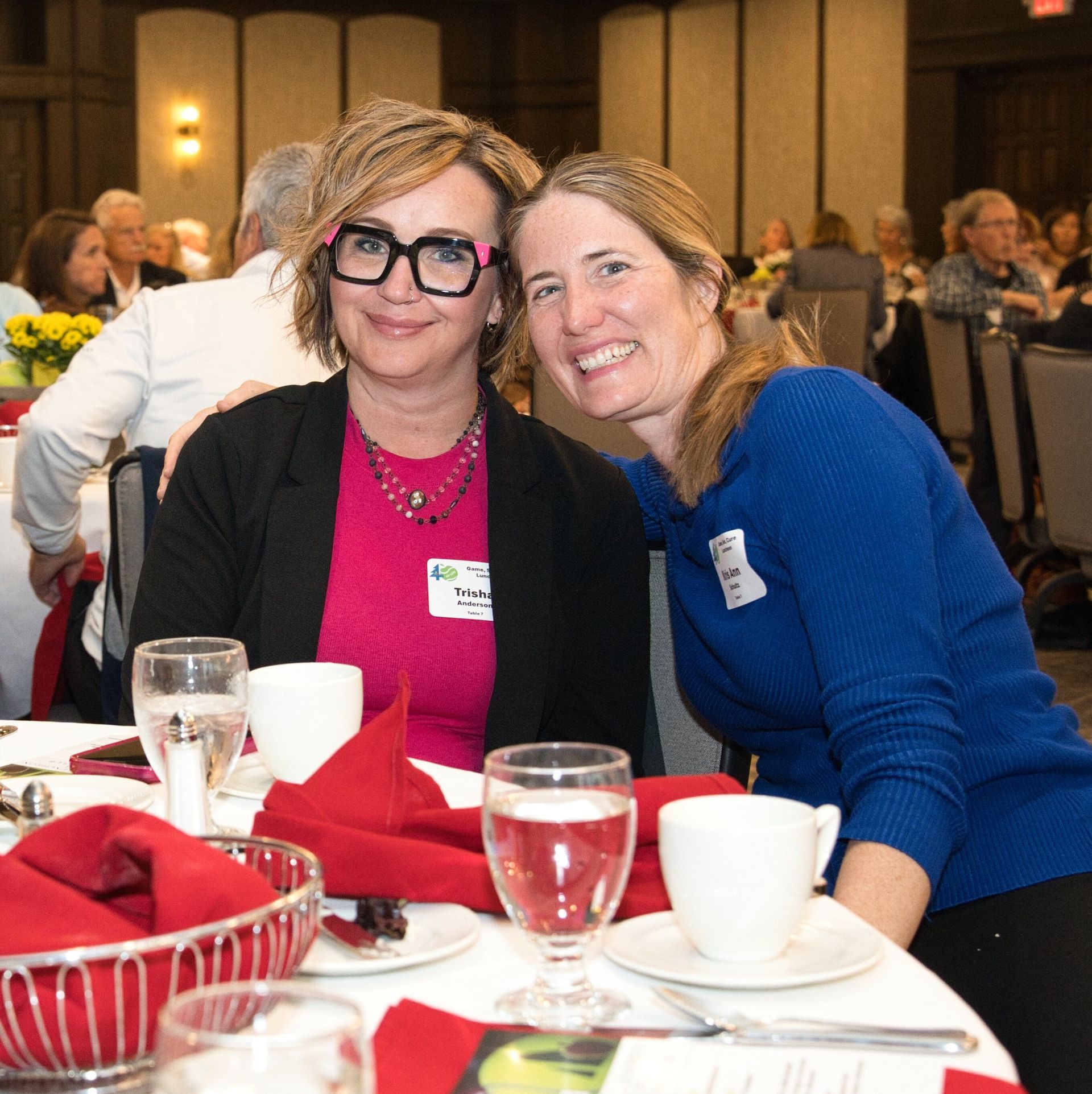My name is Trisha and your support changed everything.
When I was just 18 months old, my lung collapsed. Local doctors dismissed it with a shrug, "these things just happen." But my parents knew something wasn't right. They pushed for answers, and at Children's Minnesota, we finally got them I as was the first person ever diagnosed with Pleuropulmonary Blastoma (PBB), a rare childhood cancer caused by a mutation in the DICER1 gene.
At two years old, I began a grueling treatment journey that would define my early childhood.
Two years of high-dose chemotherapy. Multiple surgeries, including removal of the lower lobe of my left lung. Long hospital stays that stretched into months. At four, I contracted chicken pox and nearly died because my immune system was so compromised from treatment.
But here's what makes my story different from so many others. I didn't face this alone, and
neither did the families who came after me. Dr. Jack Priest, my oncologist from Children’s Minnesota, suspected this wasn't just a random occurrence—he believed it was genetic, something that could affect other family members. He was right.
When my younger brother Adam was later diagnosed with the same cancer, it confirmed what Dr. Priest had theorized. Together with other researchers, they named this newly discovered cancer PBB, and the Pine Tree Apple Classic Fund stepped in to support the research that would save countless lives.
My story took a devastating turn when Adam's cancer spread to his brain, and we lost him when he was just four years old. The grief was unbearable, but it also fueled something powerful: the determination to ensure no other family would face what we did without answers, without hope, and without the tools to fight back. Thanks to Pine Tree funding—funding that comes with no red tape, no restrictions, just pure commitment to advancing research—scientists have made remarkable breakthroughs.
When my nephew needed baseline testing years later, Pine Tree funds made it possible. They found a PBB cell in his lung so early that it was simply removed—no chemotherapy, no long hospital stays, none of the trauma I endured as a child. My nephew and my kids, age 14 and 18, are healthy and thriving, living normal teenage lives because of research that Pine Tree made possible.
This isn't just about my family. Across the world, families touched by DICER1 mutations stay connected through research networks that Pine Tree supports. We share information, hope, and strength because someone believed that even the rarest cancers deserve attention, funding, and solutions.
The Pine Tree Apple Classic Fund doesn't just support research—it supports families. It eliminates the bureaucratic barriers that often slow critical research to a crawl. When researchers need samples, when families need testing, when breakthroughs are within reach, Pine Tree provides the resources immediately. This freedom has advanced PBB research to levels we never imagined possible when I was first diagnosed and no one knew what my cancer was over 30 years ago.
I'm now a mother, watching my children pursue their dreams without the shadow of uncertainty that once loomed over our family. My nieces and nephews are blessings to this world, living full lives because we have answers now—answers that didn't exist when Adam and I were fighting for our lives.
To anyone considering supporting the Pine Tree Apple Classic Fund: your donation isn't just money—it's hope. It's the difference between a family receiving devastating news with no roadmap forward, and a family receiving a diagnosis with a clear treatment plan and realistic hope for the future. You have the power to ensure that no family faces childhood cancer alone, that research
continues to unlock mysteries, and that families get to celebrate milestones healthy and cancer-free.
Don't underestimate the impact of your gift. Because of donors like you, me and my family are here today—not just surviving, but thriving, and helping other families do the same.


